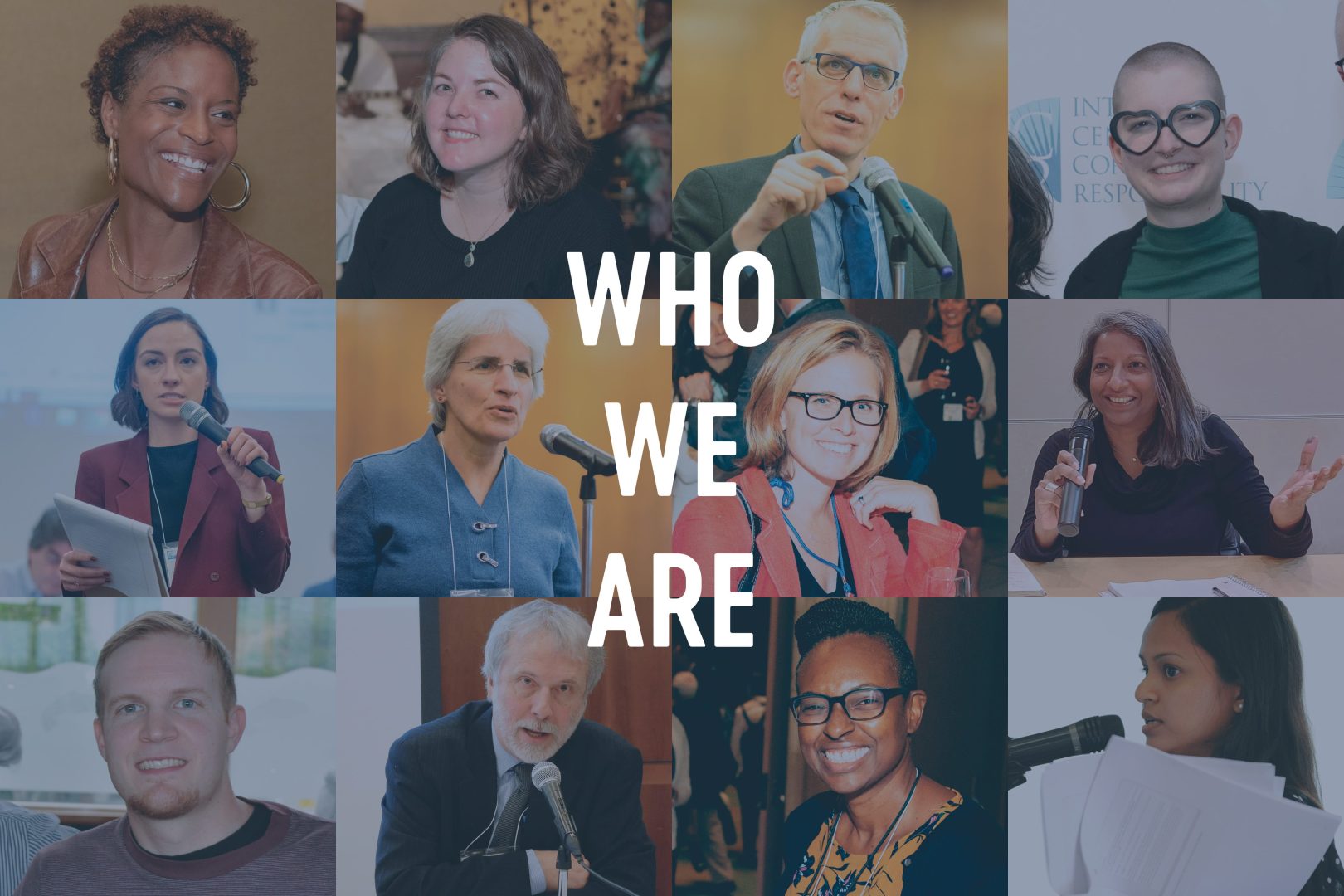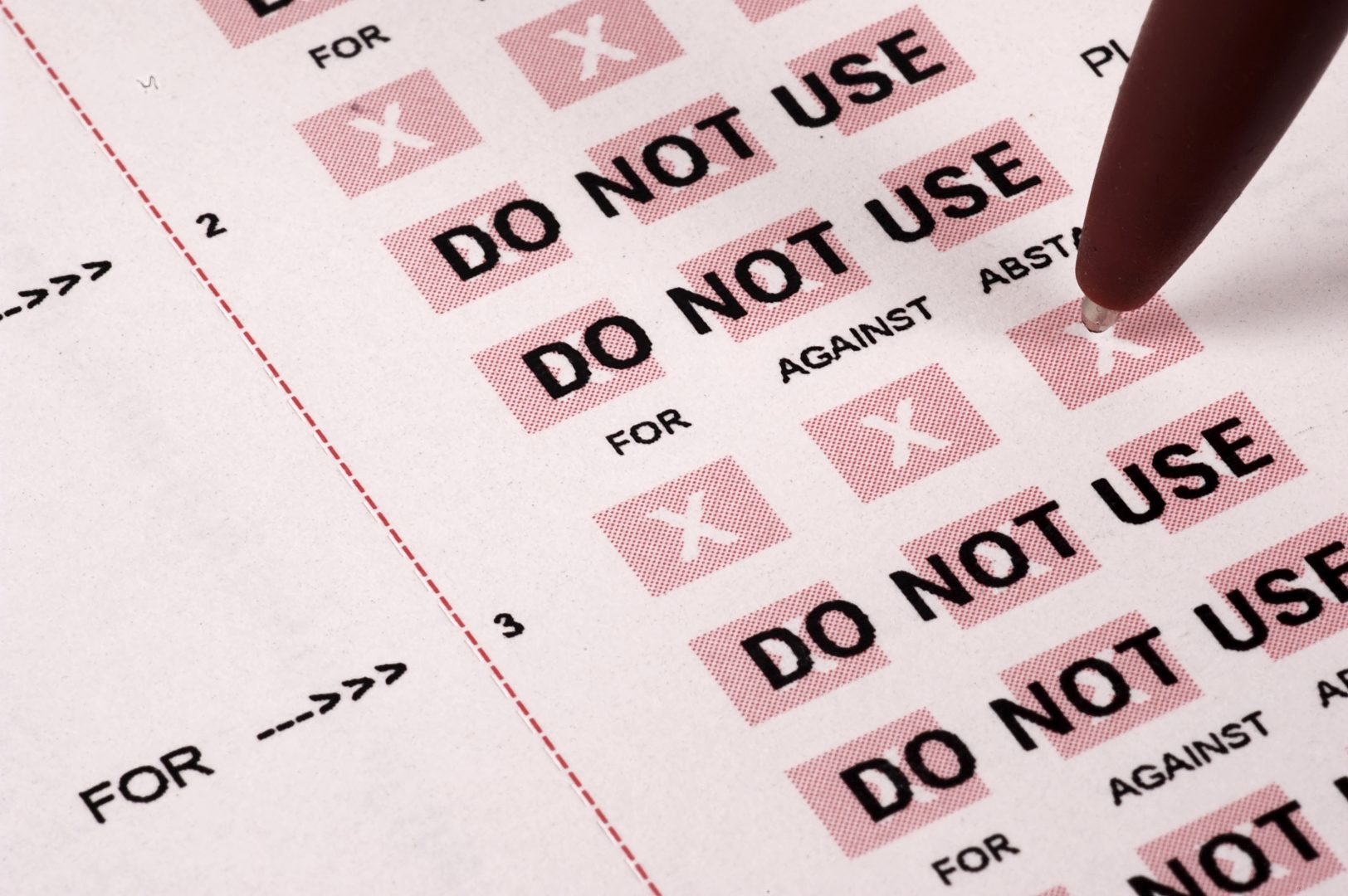ICCR members are asking food and beverage companies, restaurant brands, and retailers to address the links between structural racism, nutrition insecurity, and health disparities. We focus on product reformulation (reducing harmful ingredients and increasing beneficial ingredients), balanced menus, responsible marketing, and transparency around lobbying activities and influence on public policy.
There has been an increase in rates of diet-related risk factors for non-communicable diseases (NCDs) globally. In spite of public health measures, the undue influence of the food and beverage industry on laws and regulations undermines these efforts by exerting a negative impact on people’s lifestyles and health.
According to the Center for Responsive Politics, the food and beverage industry spent nearly $28 million in federal lobbying in 2021 in the U.S.; however, it is unclear to investors as to how this money is being spent. Moreover, recent reports related to how the industry adversely influences nutritional guidelines and laws that are designed to tackle diet-related diseases have given cause for investor concern.
The COVID-19 pandemic has exacerbated the adverse economic and health impacts experienced by Black, Latinx, and Indigenous communities. ICCR members are asking food and beverage companies, restaurant brands, and retailers to examine how their business models, operations, and value chains may directly or indirectly contribute to racial inequities.
ICCR encourages companies to participate in the Access to Nutrition Index, a benchmark comparing the commitments and performance of the eleven largest food manufacturers active in the US to deliver healthy, affordable food and beverages enabling consumers to reach healthier diets and prevent hunger.
Our Theory of Change
Racialized food marketing is the product of the intersection of business models in which profits mainly come from marketing an unhealthy mix of food, and standard marketing practices that target products to appeal to certain groups. When companies instead examine the racial impacts of their business models, operations, and value chains, they are able to create more equitable and resilient systems that benefit workers, the company, shareholders, and communities at large.
The Business Case for Action
Developing and marketing unhealthy food and beverage products to youth and BIPOC communities exposes companies to significant and growing regulatory, reputational, and even litigation risks which can have a bearing on financial performance.
Current Initiatives:
Through a combination of dialogue, letter writing and the filing shareholder resolutions, ICCR’s members are pressing these companies to interrogate how their business models may inadvertently be fueling racial inequities that lead to adverse health outcomes in communities of color.





ICCR’s Impact on Nutrition Insecurity
How ICCR is driving systemic reforms that will improve access and affordability of nutritious foods.





